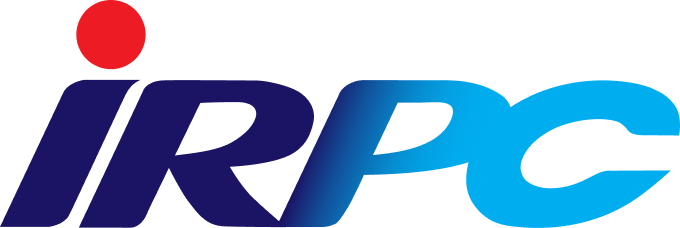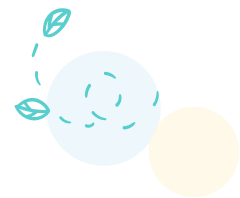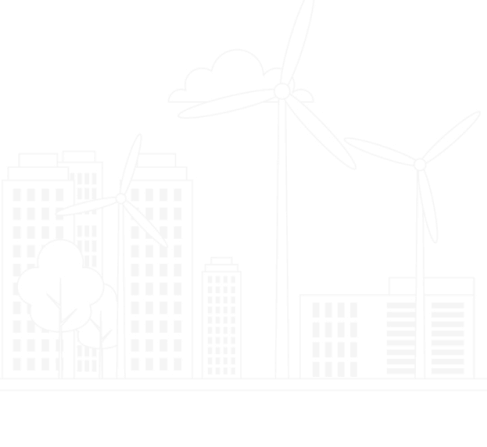IRPC established the Sustainable Water Management Framework to ensure proper water management in IRPC supply chain, water risk assessment, and analyzing and developing risk mitigation plans.
IRPC initiates water consumption strategy 321RPSD which are 3R – Recycle, Reuse, and Reduce water consumption / 2R – Reserve and Responsibility of water resource / 1P – Public Participation for improving and managing water resource / SD – Supply and Demand management for business continuity and ensuring no community conflict.
IRPC is committed to involving all stakeholders when managing water resource and its related impacts through programs engaging the authorities and surrounding communities, such as conserving water usage and water reserves in the case of droughts, distributing tap water, and planning flood prevention measures in local communities. As a member of Eastern Water War Room Management, IRPC also engages with governmental agencies (Royal Irrigation Department, Provincial Waterworks Authority, and Industrial Estate Authority of Thailand) to share and discuss resolution measures to water-related issues in the eastern region. Furthermore, IRPC is also involved with PTT Group Water Management Team: PTTWT in planning management strategies for efficient use of water resources in its production process.




